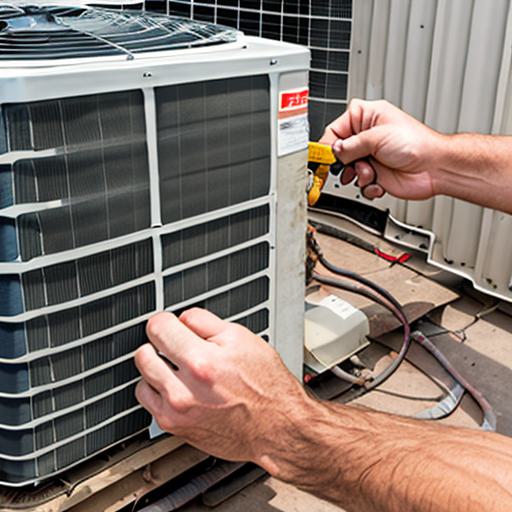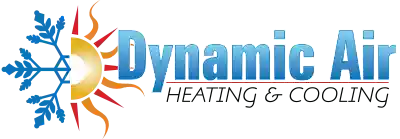A heating and cooling system can claim more than half of your total energy consumption if it isn’t running efficiently. It is also a huge investment that can cause thousands of dollars to replace if it fails. The best way to save money on your monthly energy bills and the high costs of replacements is to maintain and repair your HVAC system as often as possible. Dealing with minor issues before they escalate into bigger problems helps to maintain the efficiency and effectiveness of your HVAC system. In this article, we will be sharing with you a few tips on how to maintain and repair an HVAC system.
Replace your filters often
Disposable filters extract large particles from your indoor air and keep your system clean. It is advisable to change the air filters of your HVAC system at least every 1 to 3 months. However, you may consider replacing the filters as often as you can if you have pets or you experience frequent allergies. It is important to use the right filter for your HVAC system to reduce unnecessary strain or poor airflow.
Regulate your home temperature

You should operate your HVAC system at comfortable temperatures only when you are at home. Your HVAC system will run less frequently when you allow your house to stay warmer in summer and cooler in winter while you are not home. Not only will this allow you to use less power but also your system will last longer. The best way to regulate your home temperature is by installing a programmable thermostat that adjusts the temperature automatically at different times of the day.
- Clean your condensing unit
Most HVAC systems have a heat pump or an outdoor condensing unit with a fan that disperses heat during summer. The condensing unit has metal fins that get clogged up frequently with dirt, grime, and pollen. It is advisable to spray this unit with a water hose at least once each season to clean it. Never use a pressure washer to clean your condensing unit as it could cause permanent damage.
- Monitor your energy bills
Monitoring your monthly energy bills helps you understand the efficiency of your HVAC system. A sudden increase in your energy costs is a major sign that your air conditioning system needs some maintenance. Other issues that could be causing unnecessary strain on the system are a clogged filter or low refrigerant levels. It is also important to check the performance of your HVAC system besides monitoring energy bills to be certain about its energy consumption.
- Free up the airflow to your HVAC unit
Leaving enough space around your HVAC unit allows for proper airflow. Avoid placing furniture, plants, rugs, or any other items in front of the unit as it could restrict the airflow. Restricted airflow causes the system to work much harder, therefore, decreasing its efficiency. Decreased efficiency leads to a sudden increase in energy costs and overheating since the HVAC unit works twice as hard to deliver the required levels of heating and cooling.
- Clean the area around your HVAC unit
Any part of the air conditioning system should be kept clean and free of debris to prevent the unit from overheating due to restricted airflow. Make sure that all leaves, sticks, and other debris outside the system are removed in time. It is also important to sweep up any grass or dirt that piles up around the unit. Lastly, make sure you clean up the exterior coil of your HVAC system at least once a year to improve its efficiency.
- Get a tune-up every year
Tuning up your HVAC system at least once a year allows it to run smoothly and efficiently. A qualified technician needs to inspect the unit for potential problems that could be limiting its full performance and make necessary repairs or replacements. This exercise ensures your system runs at its best and will help avoid costly repairs in the future. Part of the yearly tune-up involves inspecting the entire heating and cooling system, cleaning and adjusting all equipment, lubricating moving parts, and checking refrigerant levels. It is also recommended to test ignition and other safety controls to ensure they provide quick responses or outcomes when in use.
It is important to take a closer look at your HVAC system if you start noticing a significant increase in your monthly energy bills. A heating and cooling system that isn’t operating at its optimal level is more likely to be consuming a lot of energy to keep the system running. Regular maintenance and repairs not only improve the efficiency of your HVAC system but also saves you a lot in terms of monthly energy bills and high costs of replacement.
